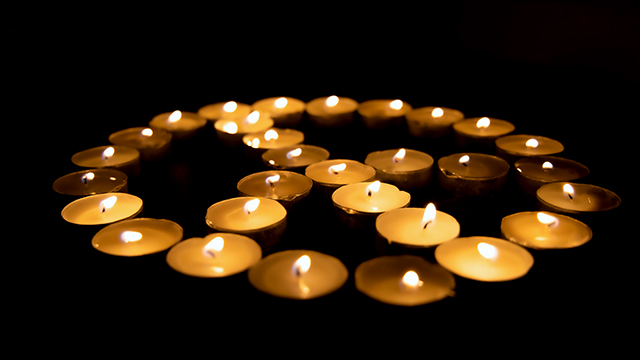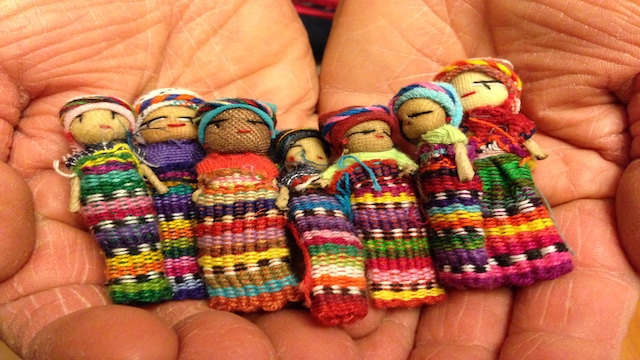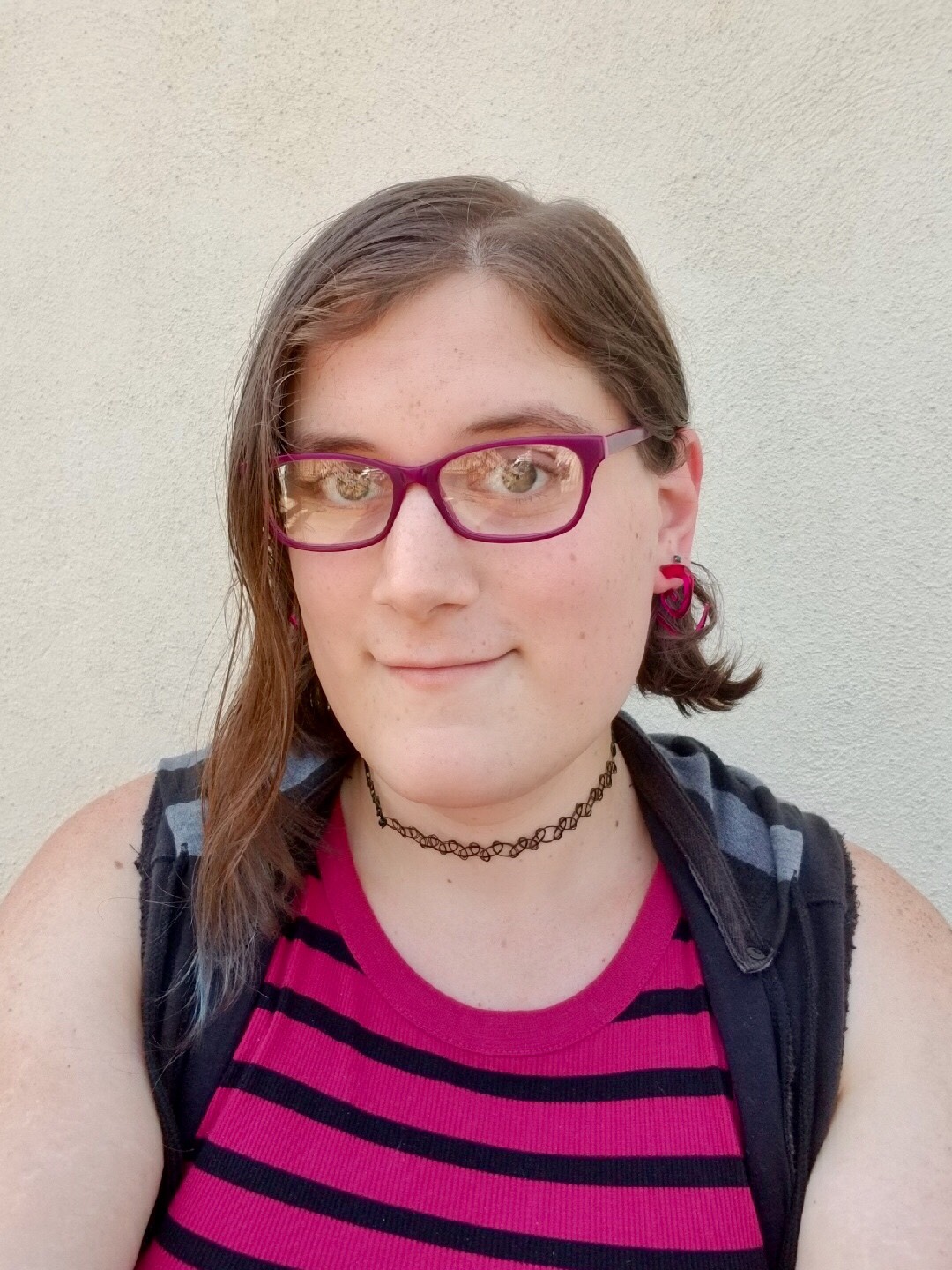How do we talk to children and adolescents about gun violence and senseless tragedy? Parents and caregivers are helping their children process their feelings alongside their own, and signs of anxiety are different in children and adolescents when compared with adults. Pastoral care for children begins with pastoral care for their caregivers, and the resources below are offered to support parents and caregivers, educators, and Friends who care for and work with youth. A concern about election violence led to the creation of this event in October for families — Peace Begins with You: A Gathering for Children & Families — and we hope you will share this community gathering and the resources below with your meeting.
Processing in Developmentally Appropriate Ways
Children and teens will have different exposure to and understanding of violent incidents, and may feel anxiety, confusion, fear, sadness, or anger, and have questions about what they see and hear in the media and from friends. Children cannot always articulate their feelings, and they may show us how they are feeling through play or behaviors. Their anxiety may show up as: anger, negativity, difficulty sleeping (particularly falling asleep), defiance, and lack of focus. For adolescent youth, symptoms of anxiety may include recurring fears and worries about routine parts of everyday life, irritability, trouble concentrating, withdrawal, and complaints about stomachaches or headaches.
* Some practical advice for parents and caregivers
- Parents and adults need to first deal with and assess their own responses to crisis and stress.
- In PYM, adults seeking support can reach out to the Friends Counseling Service.
- Try and keep routines as normal as possible. Children gain security from the predictability of routine, including attending school.
- Be present. Listen to your children’s fears and concerns.
- Depending on their age, limit exposure to television and the news but be honest with kids and share with them as much information as they are developmentally able to handle with simple, honest answers.
- Reassure kids that the world is a good place to be (individuals are responsible for violent actions).
- Reaffirm attachments and relationships.
Resources for Adults Supporting Children and Teens
- Spiritual Practices for Use During a Traumatic News Event from Traci Smith
- Talking to Children About Gun Violence from Everytown for Gun Safety
- Talking to young children about community violence from Sesame Workshop
- Talking to Children About Violence: Tips for Families and Educators from the National Association of School Psychologists
- Helping your children manage distress in the aftermath of a shooting from the American Psychological Association
- Isaiah and the Worry Pack — Learning to Trust God with All Our Fears by Ruth Goring
- A Kids Book About Anxiety by Ross Szabo from the “A Kids Book About” series. The inside covers suggests, ”This book is best read together, grownup and kid.”
Making Faithful Practices Available
Children need us to hear their concerns, and we can provide reassurance even if we do not have answers. Lifting up our worry and anxiety in prayer is another way to acknowledge those feelings and place them in the care of our Quaker faith. These coloring pages “Prayers For When You Feel Anxious” includes both suggested prayers and three different sets of images for mindful coloring. This lesson plan about meeting for worship suggests that our worship as Friends is a container that is strong enough to hold big feelings —even hard ones—and the lesson could be adapted to help process recent events and heavy hearts, alongside encouragement to continue finding the Light in our world.
Election Violence Prevention: Youth Programs
- For shepherd people (gifted in leading or organizing groups): Create or visit a youth forum, small or large, of teens and young adults. Support them in learning about and actively practicing nonviolent strategies for the political changes that they want to see.
- For relationship people (folks who are good at conversations and making friends): Ask some young people for their thoughts about the upcoming election cycle. Engage in conversation. What do they believe is likely to happen? How does that feel? Do they have concerns? Do they have ideas for action?
- For word people (talented writers and/or speakers): See if you can find a high school or university class or club to which you can speak about the election cycle and ways to engage in political change nonviolently.
- For prayer people (spiritual grounded intercessors): Pray for young people in particular throughout the election cycle. When the opportunity arises, invite young people you know to pray actively for nonviolence.
- For motion people (naturally physically active doers): Consider holding a sports tournament on a Saturday or several weekends in a row. During breaks and over snacks, talk about the election cycle and the influence young people can have on nonviolence in their communities.
- For learning people (research ninjas and data analyzers): Find out what, if anything, your local schools are teaching in terms of voter and civic education.
- For creative people (artists, musicians, performers, and crafters): Find an opportunity to hold a creative workshop of some sort for young people, either by organizing a group or by being a guest artist for an existing group. Use election violence prevention as your theme.
Image: Pixabay.com


